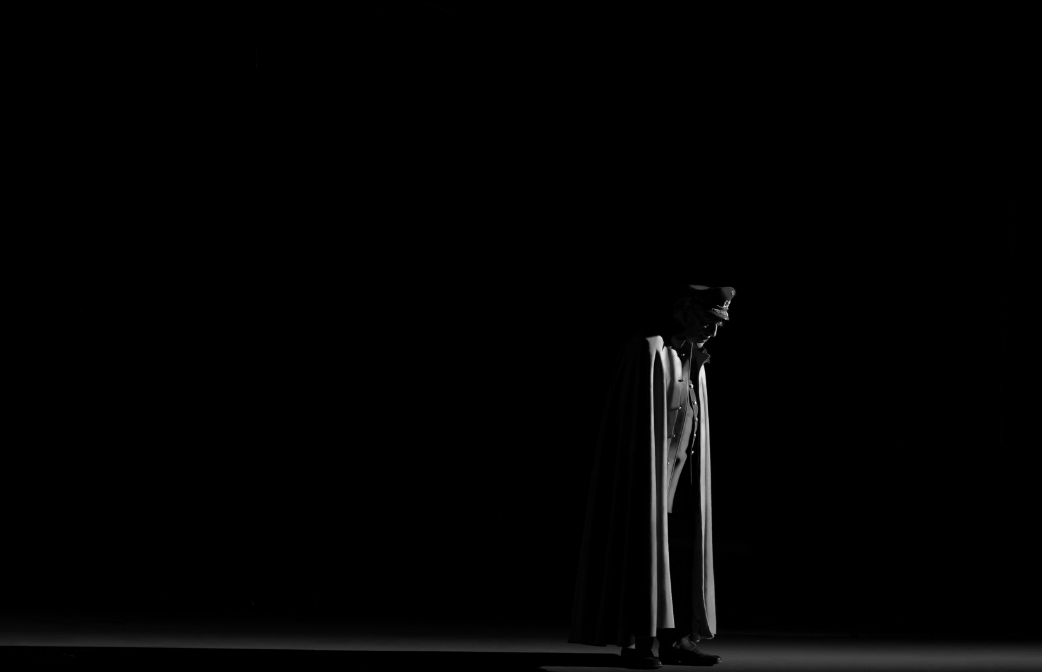El Conde
Unlike his other films Pablo Larraín isn’t interested in humanizing his subject in El Conde, but portraying Augusto Pinochet as a vampire that rips the hearts out of its helpless victims in their most vulnerable state mirroring the monster he has always been to the world.
Chilean director Pablo Larraín reimagines Pinochet’s “eternal presence” into a surrealist, gothic universe where Pinochet is a 250-year-old vampire with roots in the French Revolution. After stealing Marie Antoinette’s head he drifts across the continent eventually ending up in Chile taking a prominent role in the 1973 coup. His years in power led to censorship forced disappearances, and torture that drained Chile for past and present generations. He fakes his death and escapes to a barren, icy countryside where he still sucks the blood of the nation. Now in old age, the fascist feels death is coming, causing his children to gather at the family home to claim their hidden inheritance.
For many former world leaders they often retire to a glamorous villa, but Pinochet has chosen a place where no one will bother these people. An exile imposed on himself to the remote location of the southern tip of Chile mirrors its bitter characters. A place that lingers with uncertainty for these awful people to inhabit while the nation they once ruled is suffering. In this out-of-time environment, they are forced to revisit their “greatest” moments including the many killings and 300 criminal charges against him.
Larraín doesn’t hold back his imagination of this alternate world’s look where Pinochet never died. It takes a moment to accept this creatively rewritten history where stylistic choices flood the narrative through luminous visuals of heart smoothies and gnawing audio. A European patronizing voice-over welcomes the story as if it is a century-spanning bloody fairytale with a baroque score and squelching sounds of all the blood consumed. The gore is beautifully captured in a grainy black-and-white palette littered with close-ups and a caped Pinochet flying over gleaming cityscapes by Ed Lachman. The black-and-white is more than aesthetic but separates this world from reality while also blending the perceptions of a vampire and political genre into one tone. All sights and sounds from this whimsical, claustrophobic environment that traps all who enter.
Pinochet, or El Conde, as he likes to be called is a man who has outlived a lot of his enemies and with a messy history, he has come out still alive. Jaime Vadell delivers a delicious theatrical performance that never aims for sympathy from its onlookers. In moments where empathy could be earned, his thoughts and expressions on the world remind those of his true nature and the dark strain he has left on the Chilean people. He is a fictionalized version of a dictator with a haunting past that embodies the fear and power of Pinochet. In the midst of his existential crisis aided by his family and a nun disguised as an accountant, it is hard to tell if there is even an ounce of good hiding in him.
The vampire device is brilliant in its communication of how many atrocious figureheads in history may no longer be with us but they will always be present in some form. These are filmmakers who are well-versed in the history they are tackling. Many of Larraín’s early films flirted with the impact of Pinochet but now he can put the man onscreen. Through this interpretation, Larraín is following the life cycle of evil within humanity, where once the evil is acknowledged and humans have “learned” from it then they think they aren’t susceptible to falling for it again when evil comes in different forms. History is never seeking justice.
Larraín successfully balances brutal darkness with amusement creating one of the most original political satires.
